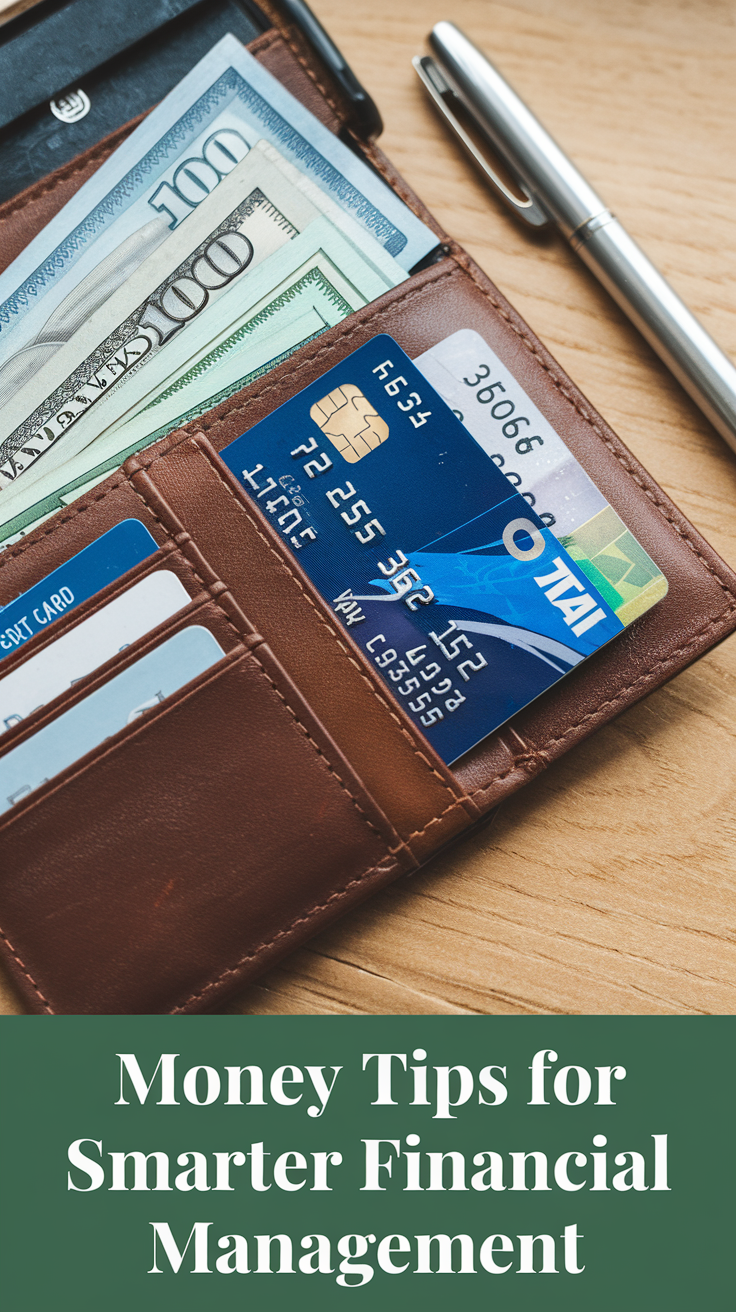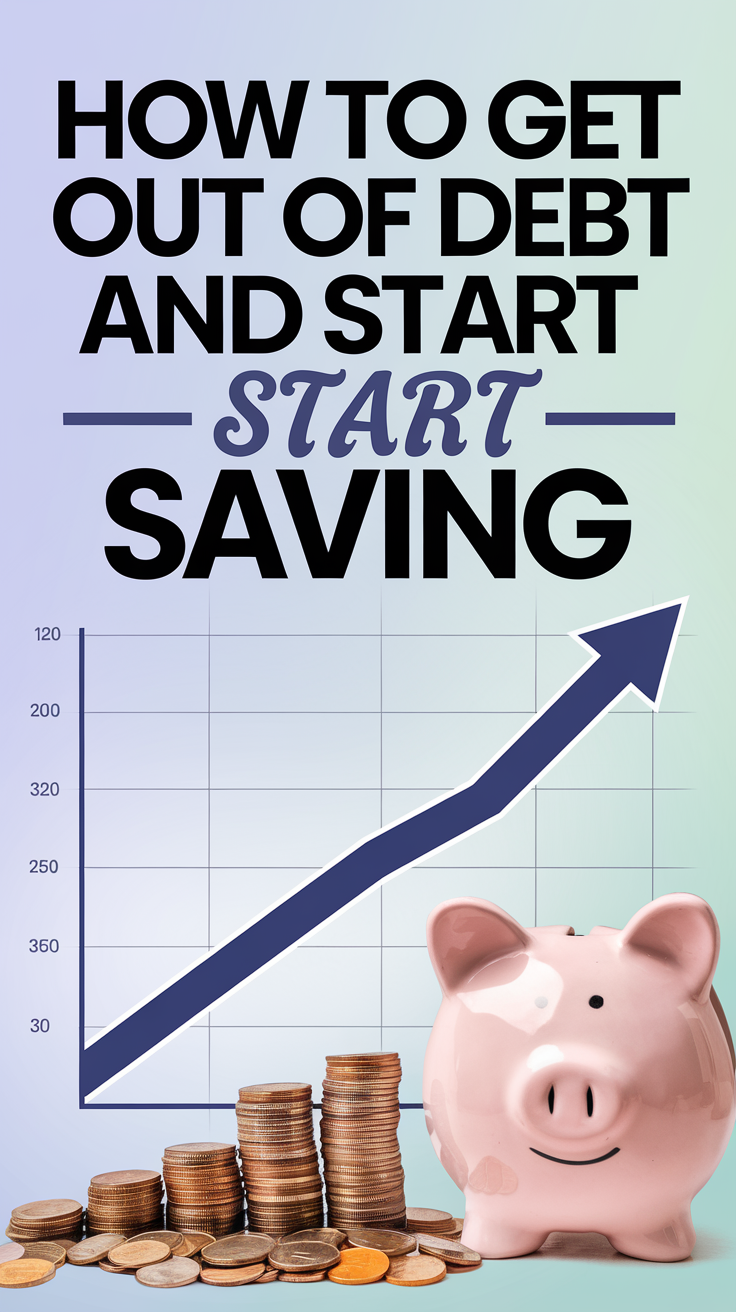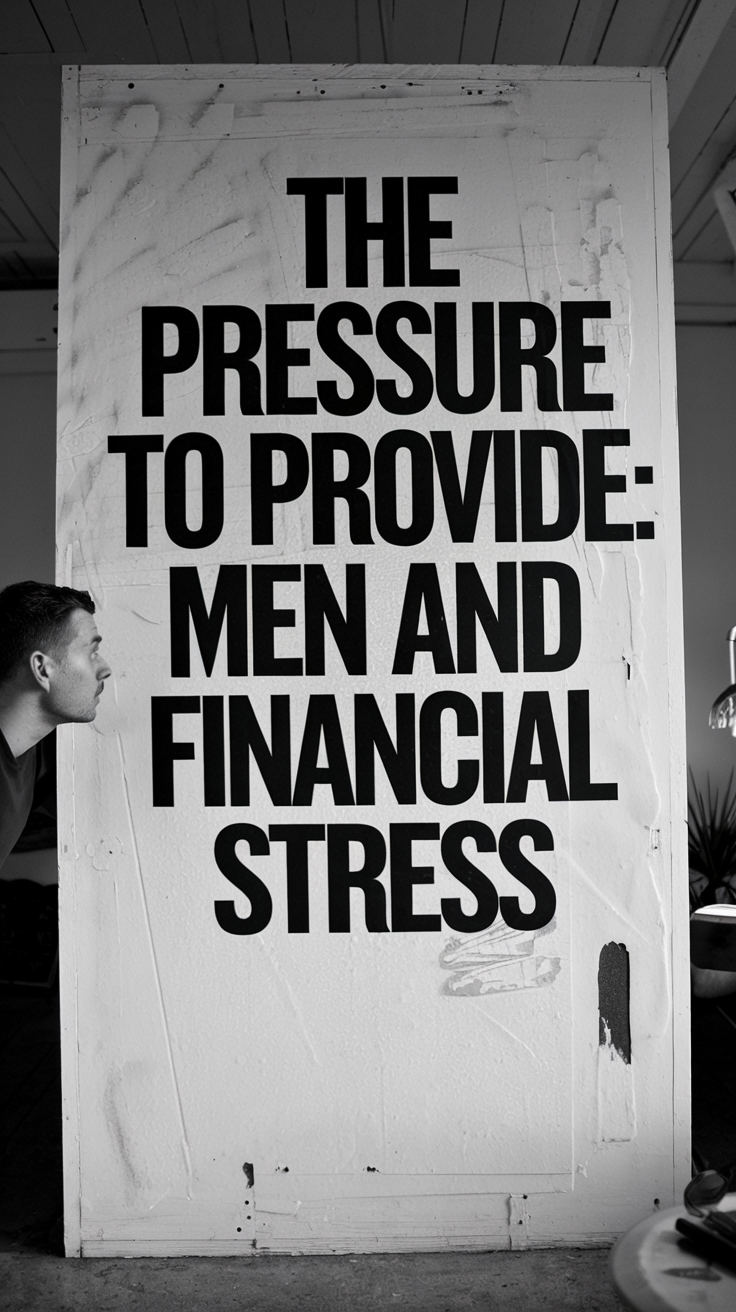Money Tips: The Ultimate Guide to Smarter Financial Management
Managing money is a skill everyone needs but few truly master. On my financial journey, I’ve discovered that small, consistent actions lead to big results. Whether you’re looking to save more, spend wisely, or plan for the future, these money tips will help you take control. Let’s dive in and simplify your finances for long-term success.
Understanding Your Financial Landscape

Assessing Your Income and Expenses
Understanding your financial baseline is the first step. You can’t improve what you don’t measure! Start by tracking all your income sources and categorizing expenses.
Creating a Simple Expense Tracker
One way I organize my finances is by using an expense tracker. Here’s an example of how you can categorize your spending:
| Category | Example Expenses | Monthly Cost ($) |
|---|---|---|
| Housing | Rent, Utilities | 1,200 |
| Transportation | Gas, Public Transit | 300 |
| Food | Groceries, Dining Out | 400 |
| Discretionary | Entertainment, Subscriptions | 150 |
At the end of the month, review your tracker to identify where you can save.
Budgeting That Works
I’ve found that a budget isn’t about restrictions—it’s about freedom. By giving every dollar a purpose, you’ll feel more in control.
The 50/30/20 Rule
This method is simple and effective:
- 50% of income for needs (housing, food, bills).
- 30% for wants (entertainment, hobbies).
- 20% for savings or debt repayment.
| Income ($) | Needs (50%) | Wants (30%) | Savings (20%) |
|---|---|---|---|
| 3,000 | 1,500 | 900 | 600 |
Adjust the percentages as necessary to match your lifestyle or financial goals.
Building Financial Security
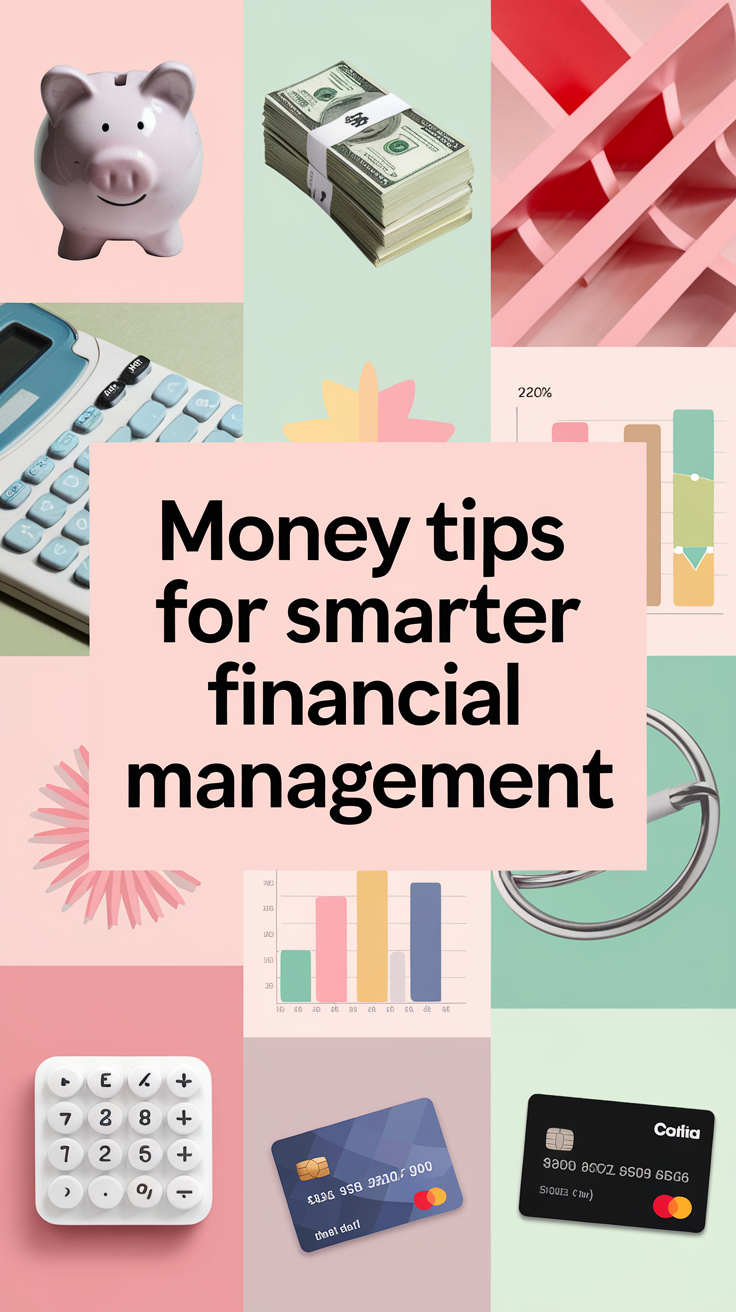
Emergency Fund Essentials
An emergency fund saved me during unexpected car repairs last year. Experts recommend saving three to six months’ worth of living expenses. If that sounds daunting, start small:
- Set aside $50 monthly into a high-yield savings account.
- Automate contributions so you don’t have to think about it.
Over time, you’ll be amazed at how quickly it grows.
Managing Debt Effectively
When I had credit card debt, prioritizing high-interest accounts was a game-changer. Here are two methods to manage debt:
- Avalanche Method: Pay off debts with the highest interest first to save on interest.
- Snowball Method: Focus on the smallest balances first to build momentum.
Pro Tip: Avoid adding new debt while repaying existing loans. Instead, focus on living within your means.
Growing Your Wealth
Smart Investing for Beginners
Investing intimidated me at first, but starting small helped me build confidence. Focus on these beginner-friendly tips:
- Start with low-risk options like ETFs or index funds.
- Reinvest dividends for compound growth.
- Diversify to reduce risk.
Automating contributions to your retirement account is another no-brainer. For example, many employers match 401(k) contributions—don’t leave free money on the table!
Maximizing Income with Side Hustles
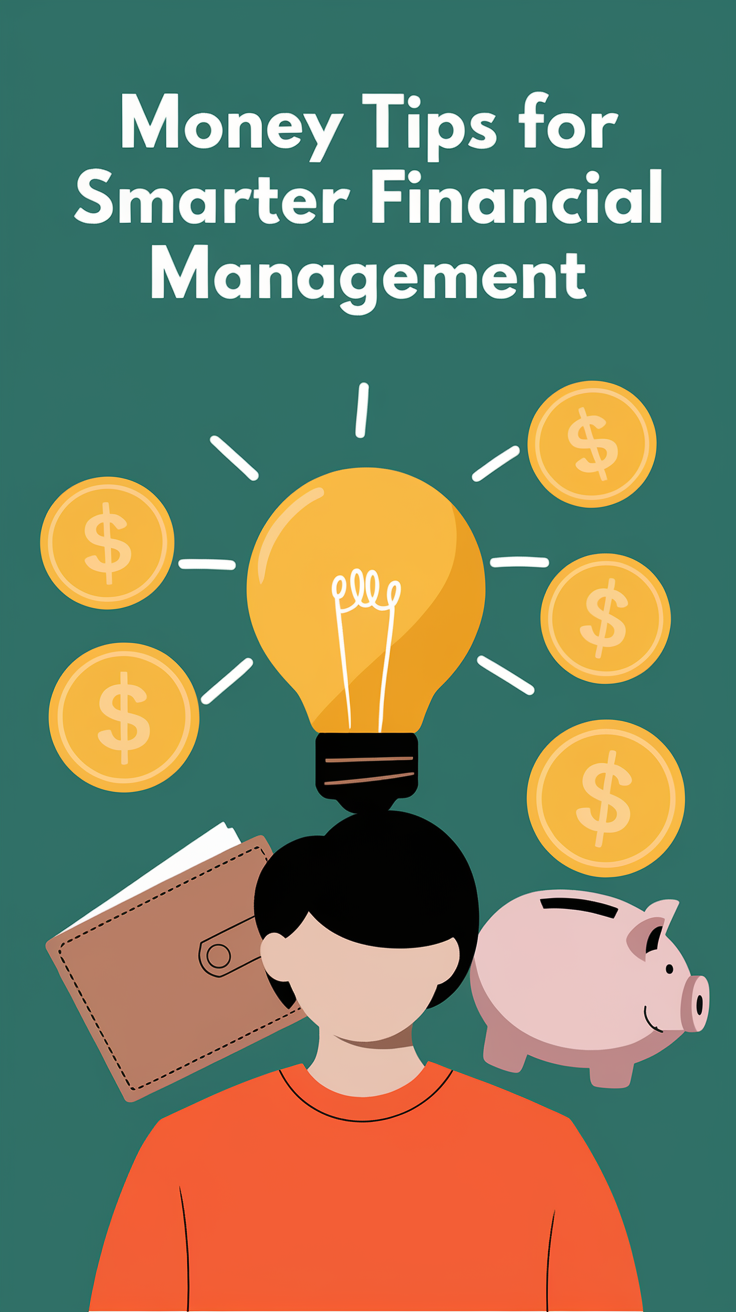
Increasing your income can accelerate financial freedom. Here are a few options I’ve tried:
- Freelancing or consulting in your expertise.
- Renting out unused space on platforms like Airbnb.
- Selling handmade goods online.
Earning an extra $500 a month can make a significant impact on your savings or debt repayment.
Cutting Costs Without Sacrificing Quality
When I started cutting unnecessary expenses, I was surprised at how much I saved:
- Meal prep instead of dining out saved me $200 a month.
- Using cashback apps like Rakuten added an extra $50 to my budget.
- Switching to a no-fee bank account saved $100 annually.
Small adjustments in spending habits can lead to big results over time.
Retirement Planning Made Easy
It’s never too early to think about retirement. If you’re not sure where to start, consider these steps:
- Open a Roth IRA or contribute to your employer’s 401(k).
- Increase contributions by 1% annually to avoid feeling the pinch.
- Invest in a mix of stocks and bonds based on your risk tolerance.
By starting now, you’ll benefit from compound growth and build a comfortable nest egg.
Conclusion
Managing your money doesn’t have to be complicated. From budgeting effectively to investing wisely, small steps add up to significant changes. By taking control of your finances today, you’re setting yourself up for a brighter, more secure future. What’s your next step toward financial freedom? Start small and stay consistent—it’s worth it.
FAQs
1. What’s the fastest way to pay off debt?
Focus on high-interest debt first using the avalanche method while making minimum payments on other accounts.
2. How much should I save each month?
Aim for 20% of your income, but even saving $50 a month is a great start.
3. Should I prioritize investing or paying off debt?
Tackle high-interest debt first, then allocate funds to investing and building wealth.
4. What’s the best budgeting tool for beginners?
Apps like Mint or YNAB make it easy to track expenses and set spending limits.
5. How can I improve my credit score?
Pay bills on time, reduce credit utilization, and monitor your credit report regularly.
